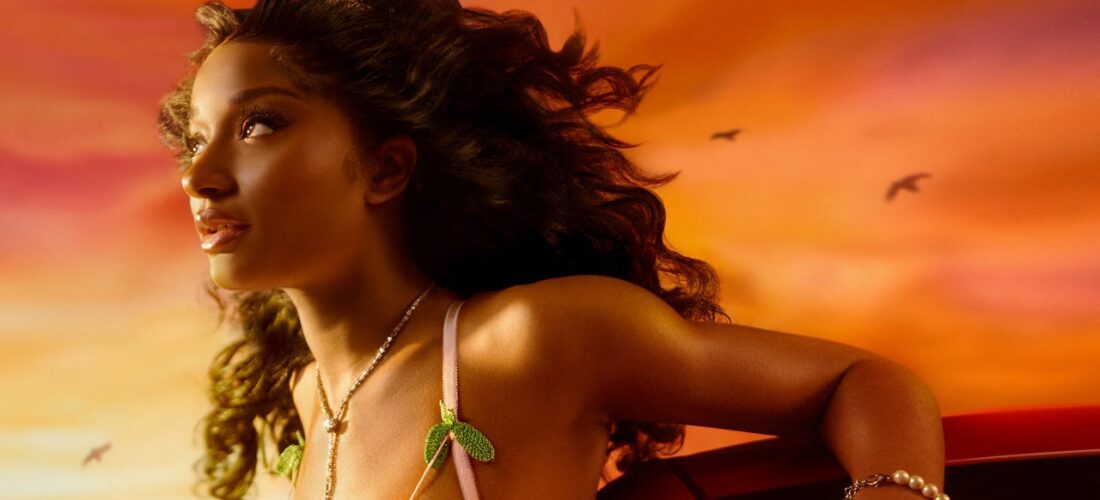Before Ayra Starr even turned 21, she had already graduated college, signed with the powerhouse West African label Mavin, and dropped her debut album, 19 & Dangerous. Her second LP, The Year I Turned 21, is the next chapter in her pop stardom storybook. While 19 & Dangerous spotlit an angsty Ayra jaded by toxic, past relationships, TYIT21 captures a Grammy-nominated Starr fixated on getting the bag. This new Ayra might be dripping in designer, but there’s an underlying vulnerability that grounds her. Not straying far from her signature sound, Starr’s well-curated album explores introspective depths and thankfully journeys beyond feel-good anthems.
In the lead single “Commas,” the Beninese Nigerian singer-songwriter credits her success to God, radiating a gracious spirituality that floats through the album. Money is a recurring motif: “To be real I’m still eating off my last hit,” she raps breathlessly, then lets the words settle into the gospel-tinged choir of “Bad Vibes.” What initially sounds like a flex suddenly feels existential. Starr’s reflections on money bounce between moments of gratitude, reminders of the hustle, and an insatiable desire for more, painting a far richer picture of a young woman grappling with adulthood. On “1942,” she stammers, “I don’t wanna lose”; the worry feels especially palpable when Milar, Ayra’s brother, interjects that he’s scared he might “lose it all” one day. The line hints at insecurities Starr might hesitate to voice herself. Here lies the driving force of TYIT21: the fear of everything you’ve worked for suddenly vanishing into thin air.
Turning 21 is both a milestone and trope, but Starr’s portrayal across the record feels refreshingly complicated, filled with contradictions and uncertainties. She sparkles on “21,” a heartfelt meditation that wrestles with the weight of self-definition. The woozy ballad thrives in its dreamy simplicity, allowing Starr to explore the lush textures of her voice; breathy croons and spoken word morph into full-bodied belts. Her musical alchemy makes R&B’s flow and Afrobeats’ rhythmic pulse groove in unison, rendering her voice a natural fit for more traditional ballads. It’s an internal monologue between youthful optimism and being comfortable not knowing it all. “21” fades on the soft refrain of the word “22,” a chilling lullaby turned cosmic nightmare.
Despite her undeniable growth over the last two years, Starr’s words still read like a diary. This album basks in the greenness of youth. From the violin-guided opener “Birds Sing of Money,” Starr puts up an IDGAF front, spitting, “I don’t watch my tone cause I like how it sound bitch,” a cheeky swerve from her softer, rose-colored lyrics. “Lagos Love Story” is an Afropop sugar rush that revels in the thrill of a young romance––the kind of love that leads to impulsive promises after a day of smoking weed at the beach (“Let’s make babies, we’re still young but I dey ready,” she proposes). Three tracks later, Starr has prematurely declared her “Last Heartbreak Song” in a duet with Giveon. Who’s going to break it to her that this is only the beginning?
